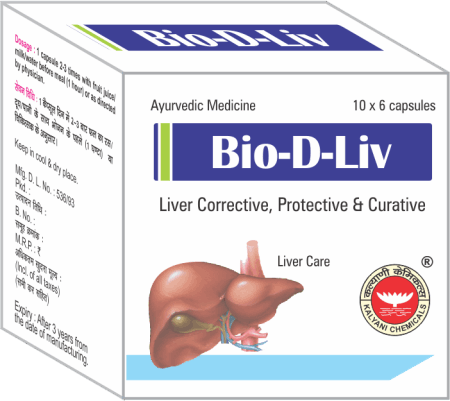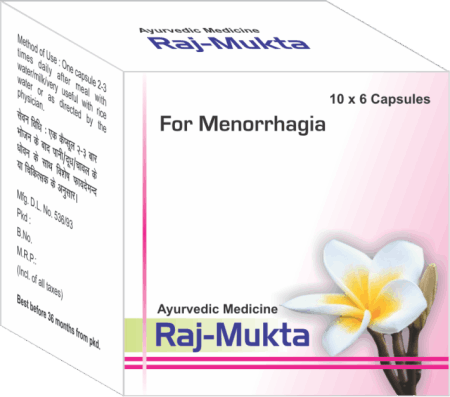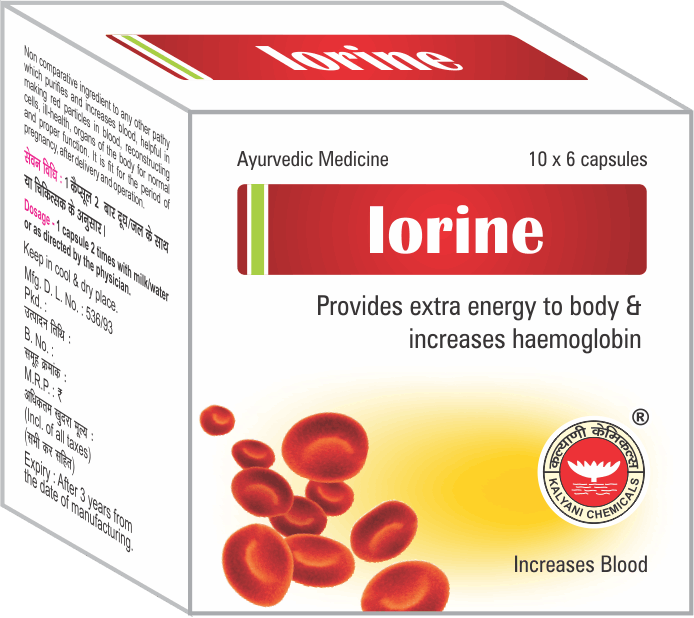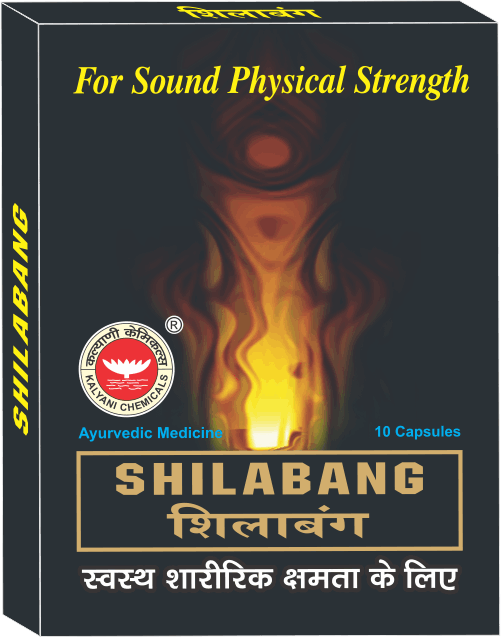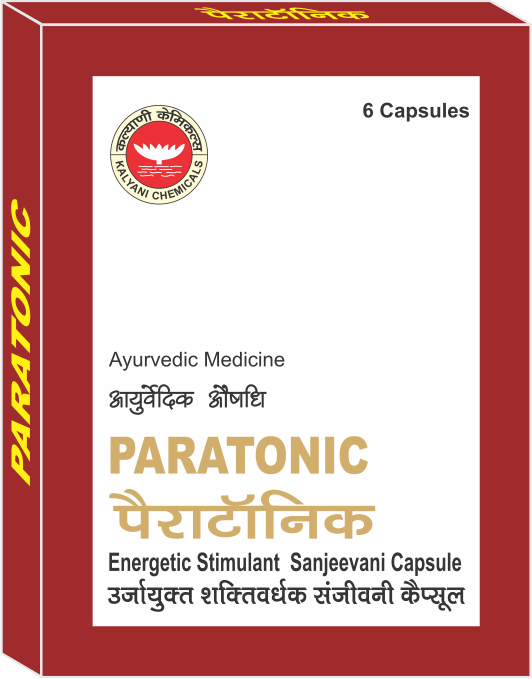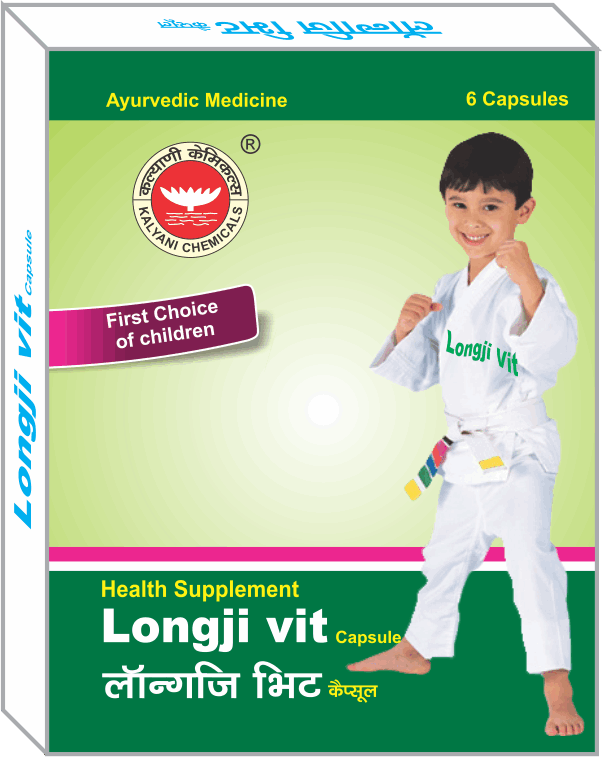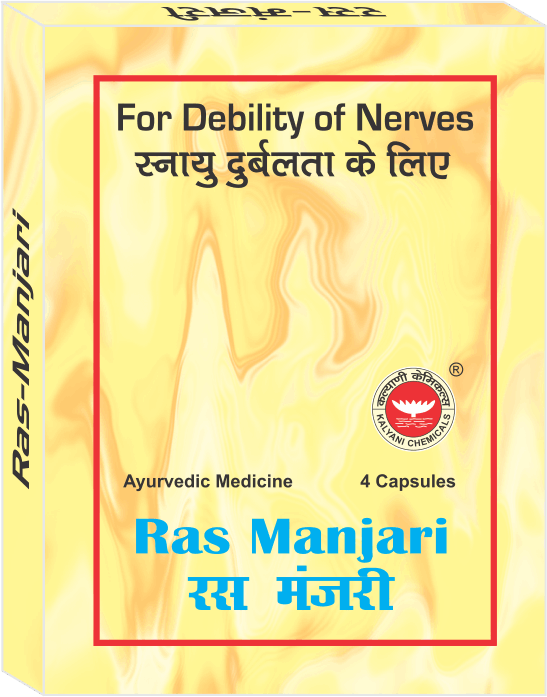
Ayurveda
Ayurveda (Devanagari: à ¤†à ¤¯à ¥Âà ¤°à ¥Âà ¤µà ¥‡à ¤¦ ) is an ancient system of health care that is native to the Indian subcontinent. It is presently in daily use by millions of people in India, Nepal, Sri Lanka and indirectly through it being the major influence on Unani, Chinese and Tibetan Medicine, in China, Tibet, and Pakistan too.
The word "Ayurveda" is a tatpurusha compound of the word ÄÂyus meaning "life" or "life principle", and the word veda, which refers to a system of "knowledge". Thus "Ayurveda" roughly translates as the "knowledge of life". According to Charaka Samhita, "life" itself is defined as the "combination of the body, sense organs, mind and soul, the factor responsible for preventing decay and death, which sustains the body over time, and guides the processes of rebirth".
According to this perspective, Ayurveda is concerned with measures to protect "ayus", which includes healthy living along with therapeutic measures that relate to physical, mental, social and spiritual harmony. Ayurveda is also one among the few traditional systems of medicine to contain a sophisticated system of surgery (which is referred to as "salya-chikitsa"). According to the Ayurvedavatarana (the "descent of Ayurveda"), the origin of Ayurveda is stated to be a divine revelation of the ancient Indian creator God Lord Brahma as he awoke to recreate the universe. This knowledge was passed directly to Daksha Prajapati in the form of shloka sung by Lord Brahma, and this was in turn passed down through a successive chain of deities to Lord Indra, the protector of dharma. According to this account, the first human exponent of Ayurveda was Bharadvaja, who learned it directly from Indra. Bharadvaja in turn taught Ayurveda to a group of assembled sages, who then passed down different aspects of this knowledge to their students. According to tradition, Ayurveda was first described in text form by Agnivesha, in his book the Agnivesh tantra. Another early text of Ayurveda is the Sushruta SamhitÄÂ, which was compiled by Sushrut, the primary pupil of Dhanvantri, sometime around 1000 BC. Dhanvantri is known as the Father of Surgery, and in the Sushrut Samhita, the teachings and surgical techniques of Dhanvantri are compiled and complemented with additional findings and observations of Sushrut regarding topics ranging from obstetrics and orthopedics to ophthalmology. These texts are believed to have been written around the beginning of the Common Era, and is based on a holistic approach rooted in the philosophy of the Vedas and Vedic culture.

